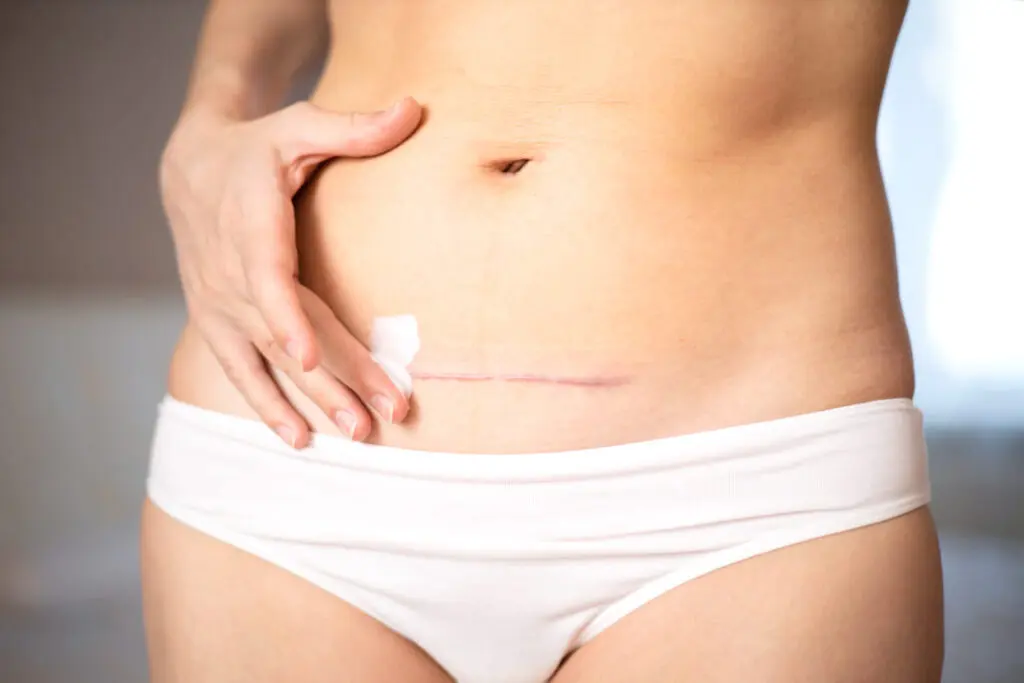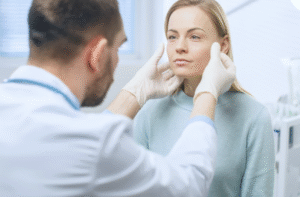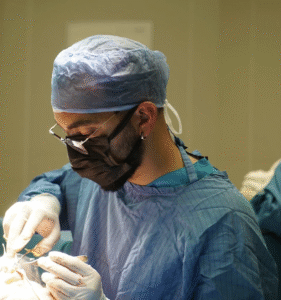Nicotine and Plastic Surgery: How Smoking Affects Healing and Surgical Results
Why is this topic important?
Plastic surgery requires careful preparation and delicate recovery. But one habit can undo all efforts — smoking. Nicotine has a strong vasoconstrictive effect, which means tissues receive less oxygen and nutrients. As a result, the healing process slows down significantly. For patients who continue to smoke before and after surgery, the risk of complications increases several times: hematomas, skin flap necrosis, prolonged inflammatory processes, and noticeable scars may appear.
Moreover, studies show that even a few cigarettes a day impair blood microcirculation and weaken the body’s immune response. This means that smokers experience longer swelling and bruising, a higher likelihood of infections, and wound dehiscence. Thus, nicotine addiction can not only ruin the aesthetic outcome of surgery but also put the patient’s health at risk.

How nicotine affects the body and healing
-
Constricts blood vessels and disrupts circulation.
-
Reduces oxygen levels in tissues.
-
Slows the formation of new capillaries.
-
Weakens the immune system.
-
Increases the risk of thrombosis and inflammation.
According to the American Society of Plastic Surgeons (ASPS), smokers have a 2–3 times higher risk of complications after surgery compared to non-smokers.
Main complications in smokers after plastic surgery
1. Tissue necrosis
Up to 12% of smokers experience tissue death after plastic surgery. Among non-smokers — only 2–3%.
2. Slow healing
Recovery time increases by 30–40%. For example, after blepharoplasty, stitches heal in 10–14 days for non-smokers, but up to 3–4 weeks for smokers.
3. Hypertrophic and keloid scars
The likelihood of keloid formation is 60% higher in smokers.
4. Infections
Infectious complications occur 2.1 times more often in patients with nicotine addiction.
5. Anesthesia
Smokers are 50% more likely to experience bronchospasms during anesthesia.
Surgeries most vulnerable to smoking
-
Facelift — risk of facial skin necrosis up to 15%.
-
Rhinoplasty — complications occur almost twice as often.
-
Abdominoplasty — complications in every 4th smoker.
-
Mammoplasty — risk of areola necrosis up to 6% (less than 1% in non-smokers).
When should you quit smoking before surgery?
Doctors recommend quitting smoking at least 3–4 weeks before surgery and avoiding relapse for another 2–4 weeks after.
After 2 weeks of quitting:
-
carbon monoxide levels in the blood decrease by 90%;
-
blood circulation in tissues improves;
-
risk of complications decreases almost by half.
Conclusion
Smoking and plastic surgery are incompatible. Even a single cigarette during the preparation or recovery period can cause complications, ruin results, and prolong rehabilitation.
Quitting nicotine before surgery is not just a surgeon’s recommendation but a prerequisite for a successful outcome and a beautiful result.








